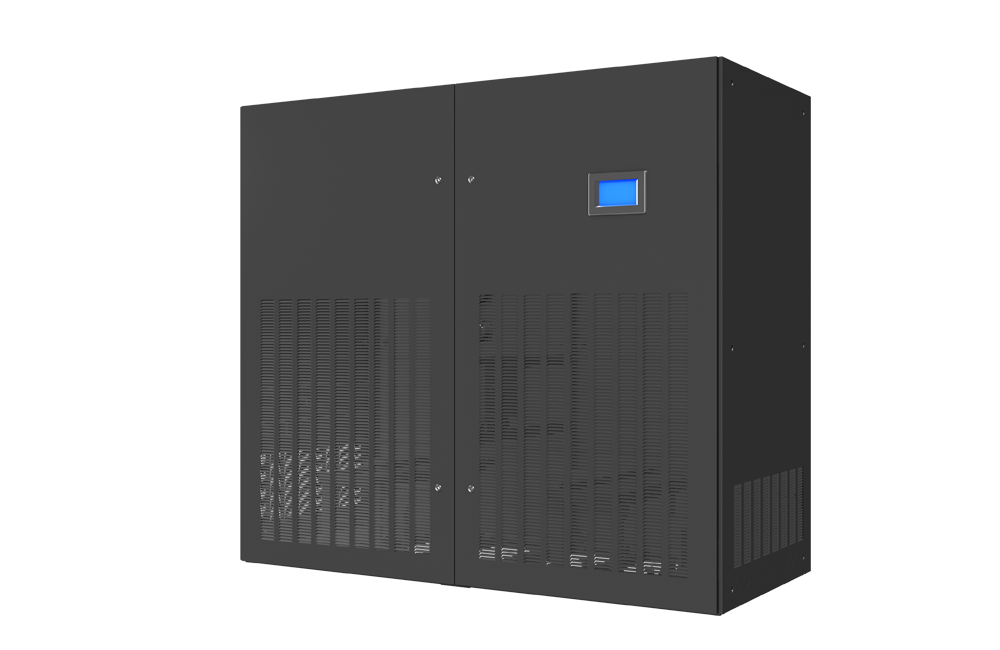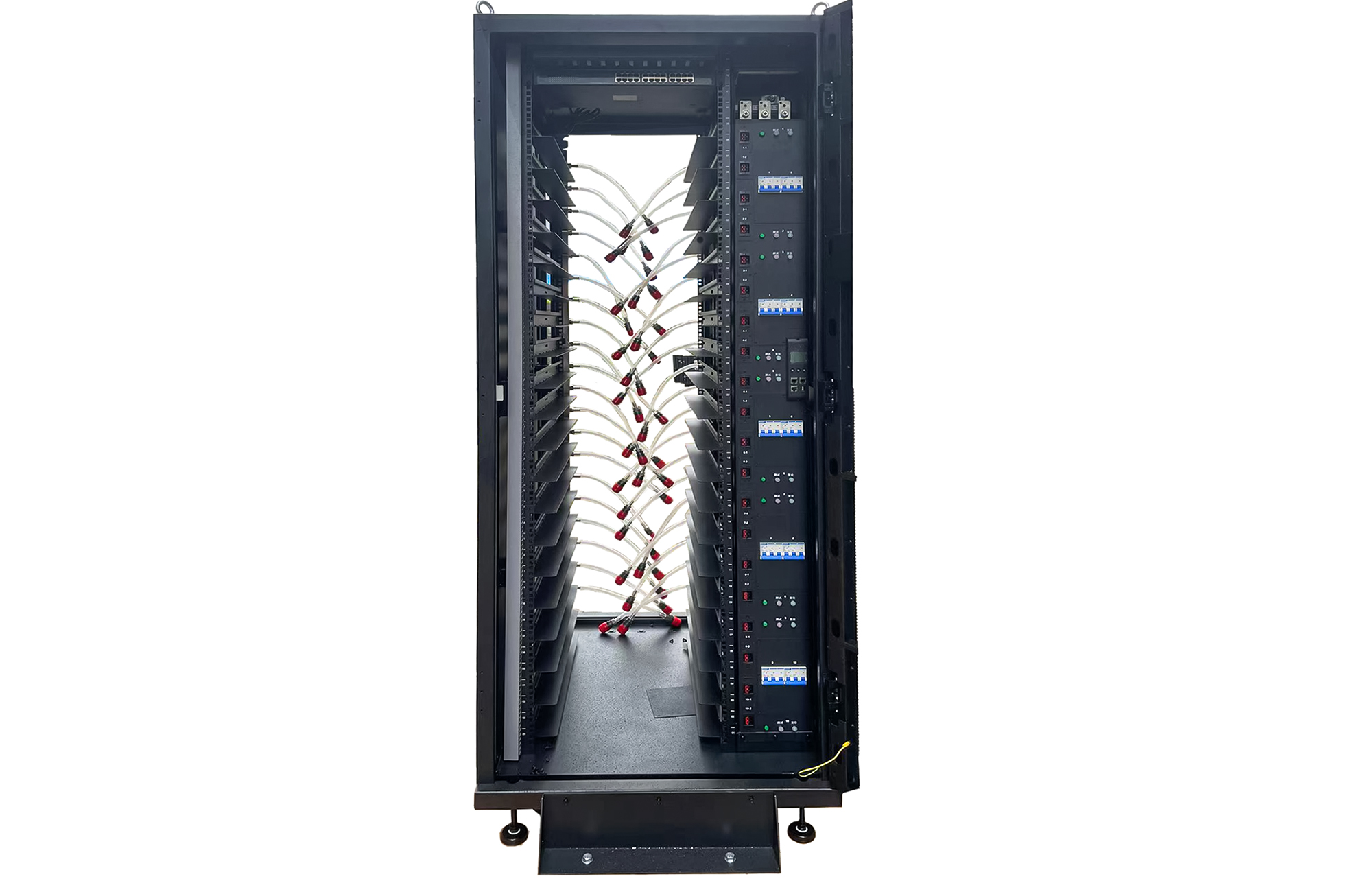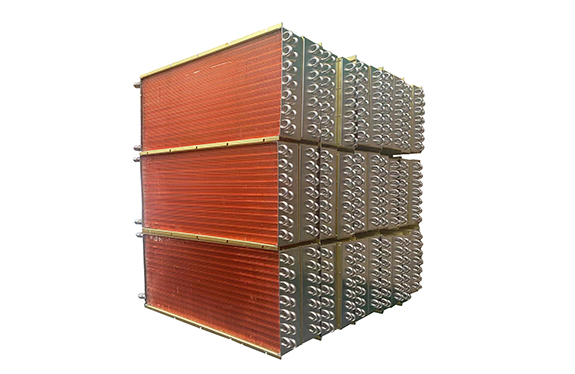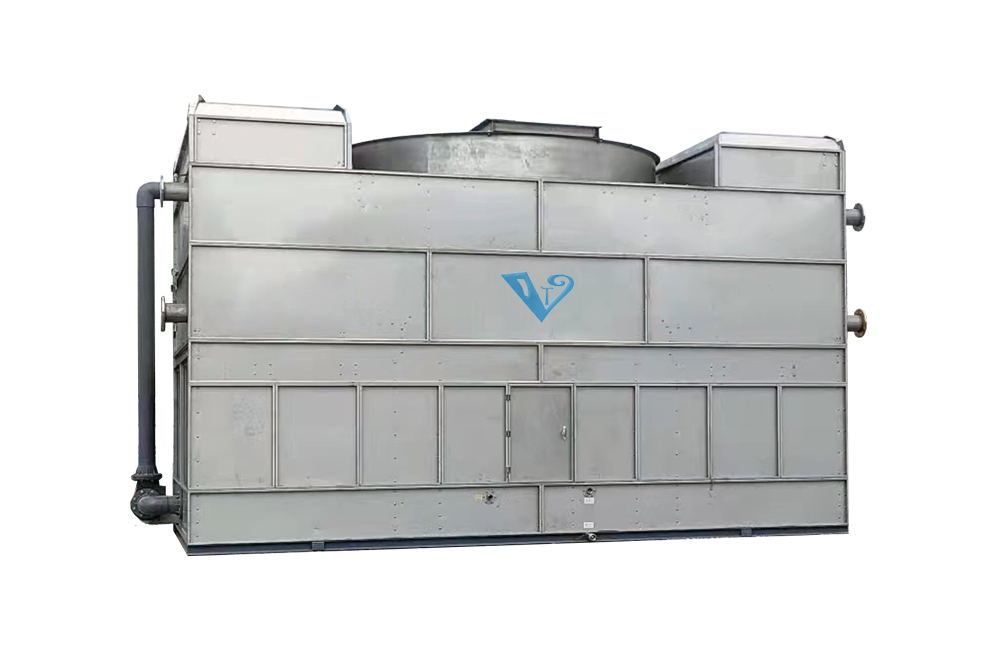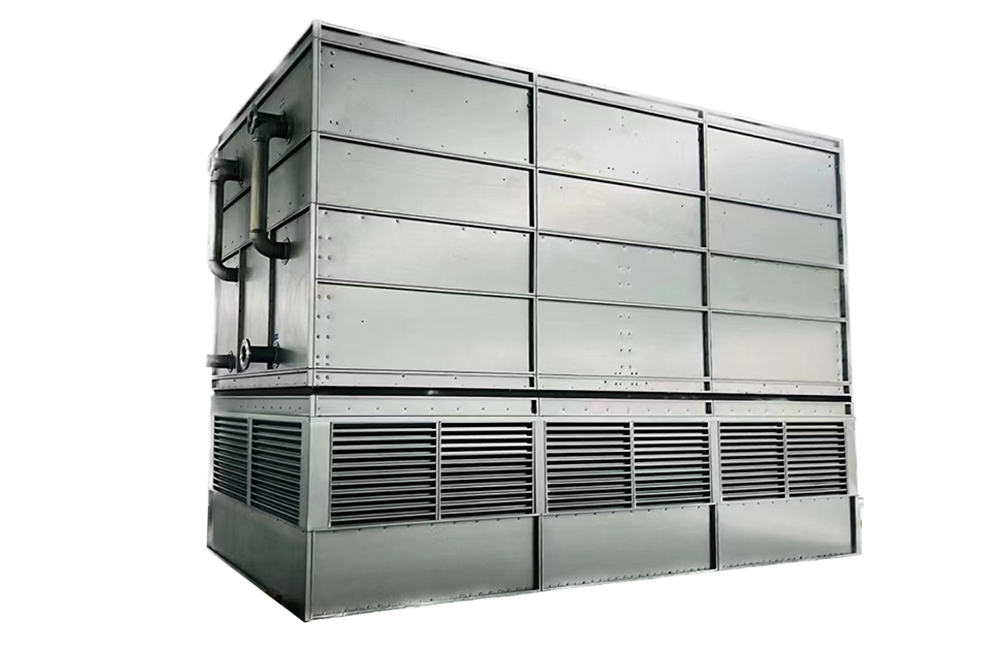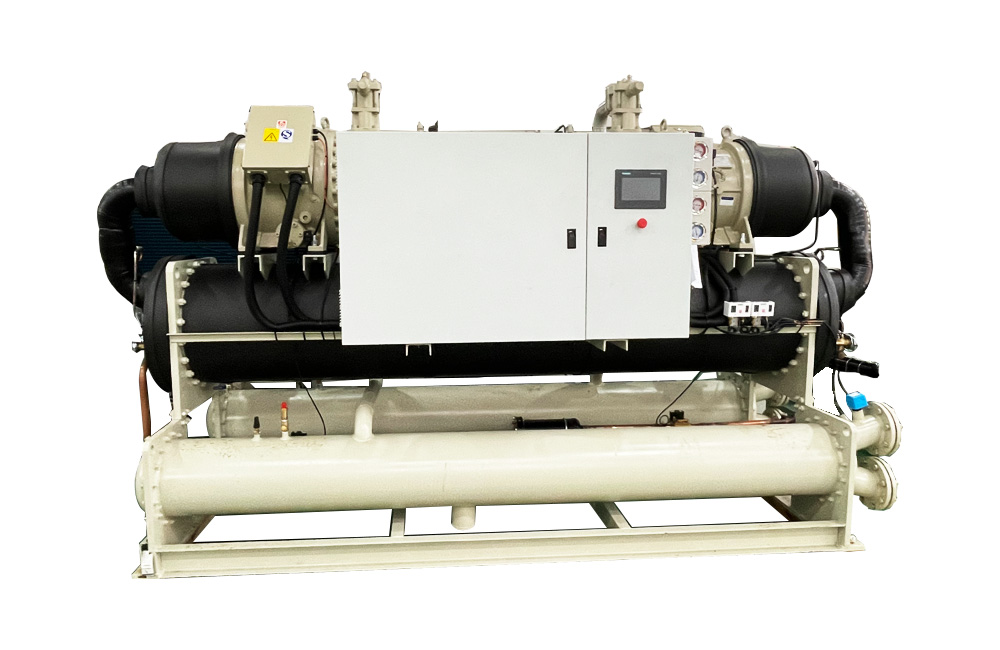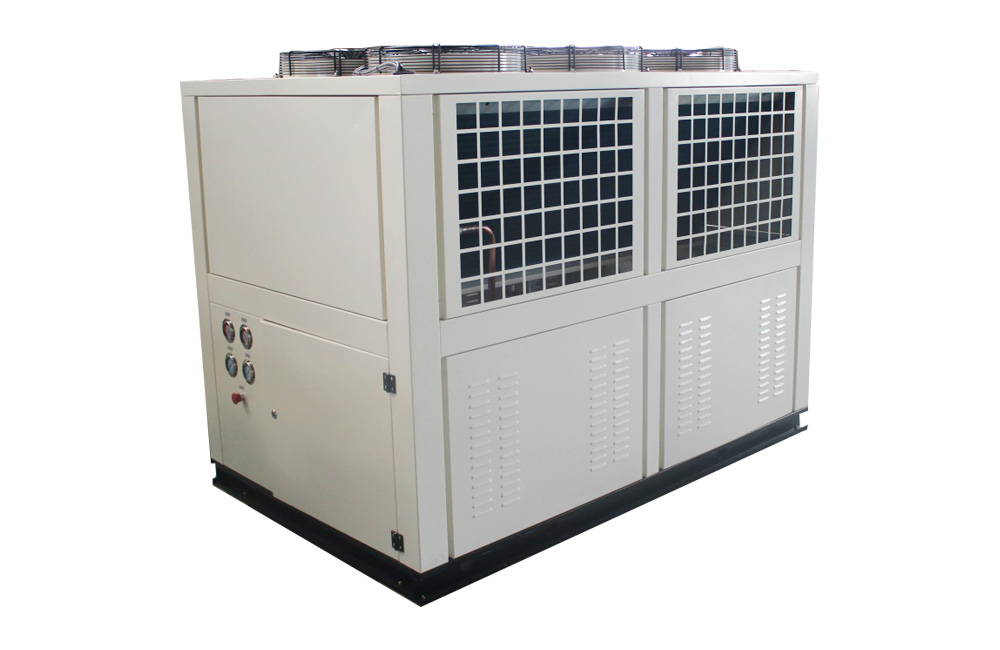- Immersion Cooling Containers
- W40 Hydro Cooling Container
- Tower-Inside Immersion Cooling Container
- Rack X Hydro Cooling Container
- Immersion Cooling System
- Immersion Cooling Plant Type 1.1MW
- Immersion Cooling Plant Type 1.0 MW
- Immersion Cooling Container 1.1MW/2.0MW
- Immersion Cooling Container
- Hydro Cooling Container
- Cabinet Cooling System
![loading... [80x23]](https://shopsource.singoo.cc/1155/general/5NjB5mefwnJsrcBh.png?x-oss-process=image/resize)
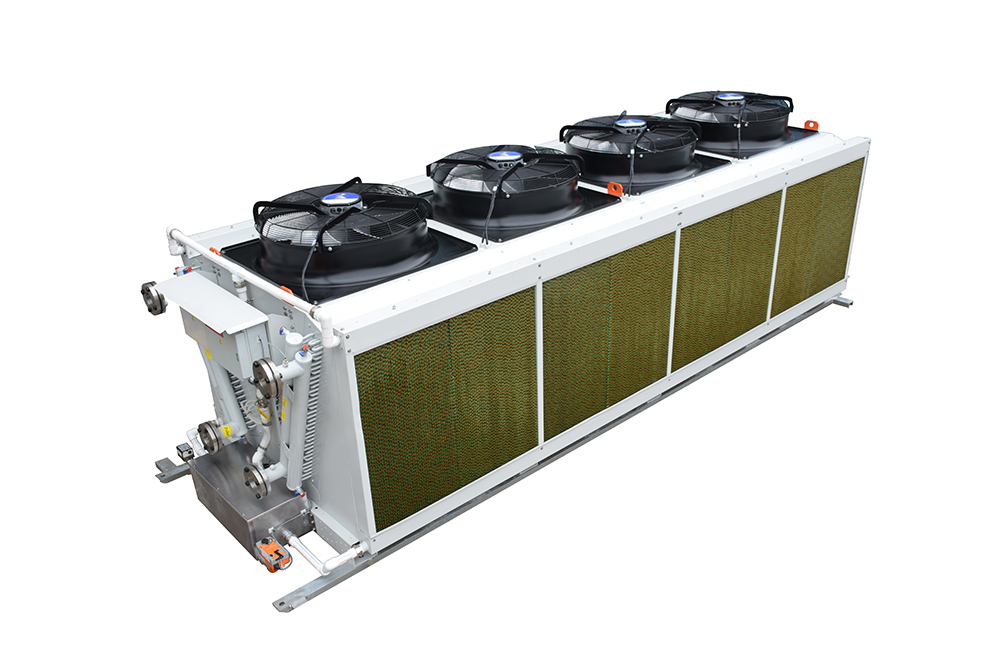
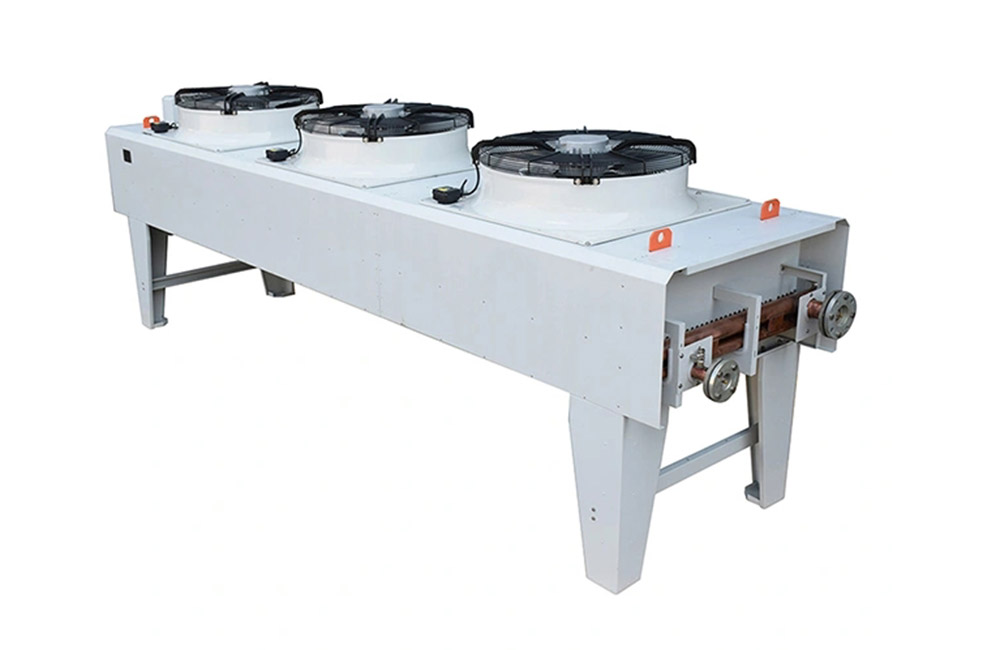







.jpg)
.jpg)
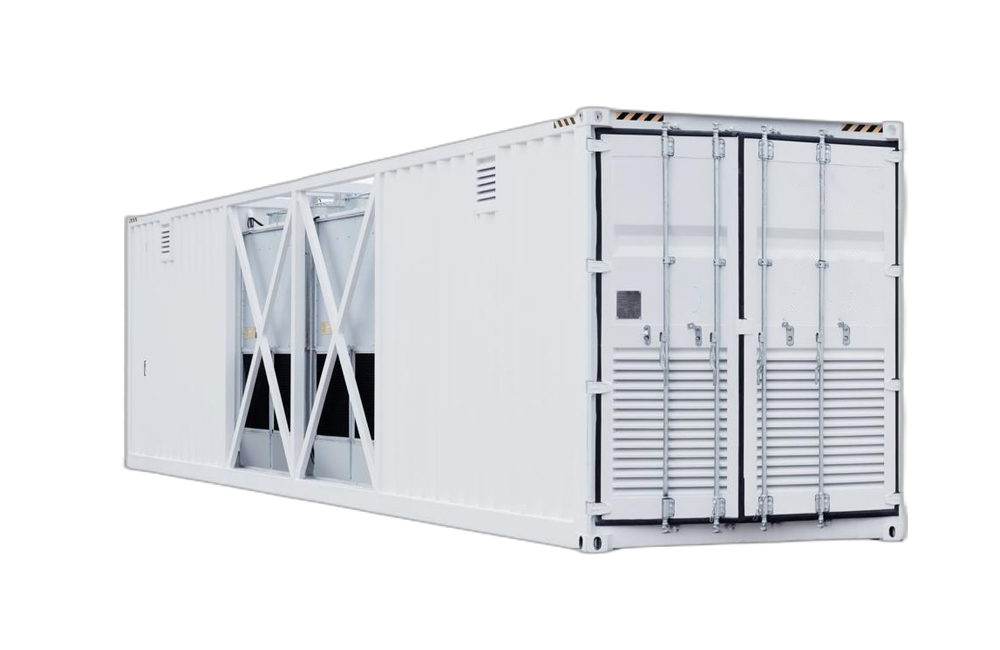
65.webp)
265.webp)

